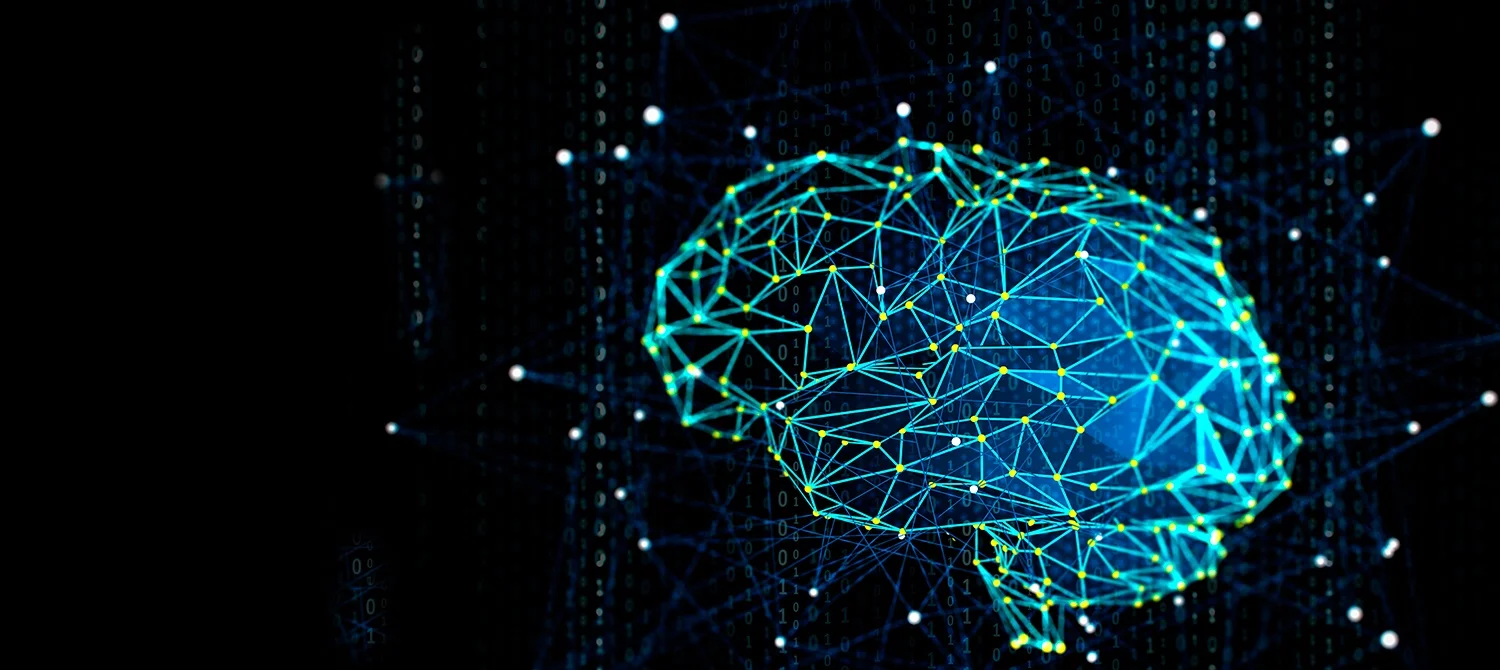Artificial Intelligence & Talent
Big data, machine learning, and artificial intelligence are hot topics in the tech industry. These innovations plan to exert and export dramatic changes in all industries and make their mark across the economic landscape.
Among the rise of automation, many fears have been distilled in overall popular opinion; the most common being that of which the rise of the machine will be the downfall of the human worker. This prevailing concern has spiraled into the anticipation of job elimination, widespread unemployment, and so forth.
On the contrary, research proves otherwise. Over time, history has illustrated the evolution of innovation and a society that is constantly adapting to economic change. As society has continued to evolve and integrate innovation, jobs generally are generated as a by-product. New jobs are likely to be created by technology advancement. These new jobs will require a new set of skills, but nevertheless, employment will remain fruitful.
So what does this mean for the equipment finance industry? Technology’s profound impact on labor will play a significant role in equipment finance operations, HR, and recruitment. With the newfound opportunity for both the employer and employee, industry leaders are advised to consider effective methods to implement new tech into operations. AI, IoT, and blockchain technology will change the blueprint in all equipment finance firms business models, particularly AI.
AI has the potential to reformat the way in which work is done. This capability poses challenges and opportunities alike. Regarding the fear that the latest digital technologies will replace jobs and become valued as superior to human capabilities, the general public believes that at the rate in which technology is evolving, companies are likely to automate key tasks, lay off a majority of the workforce, and replace labor with capital -- essentially, expecting the computer to overcompensate on behalf of all occupations.
Despite popular concern and fear of mass unemployment, AI has the ability to increase demand for labor over the coming years. Many companies anticipating the implementation of change among business models have planned to increase employee headcount as a direct consequence of automation.
Equipment finance leaders have spoken out on behalf of concerns admitting their intentions specifically not to cut back on employees, but to increase employment according to certain skill sets complementary of machine capabilities and integration.
Most occupations consist of a wide range of tasks. Some tasks may be susceptible to automation and some may not, but the productivity gains associated with new technology in the workplace are likely to introduce jobs and increase demand for tasks pertaining to tech solutions. Although history has eliminated jobs over time while welcoming innovation, innovation has notoriously welcomed new skillsets complementary of a new status quo.
